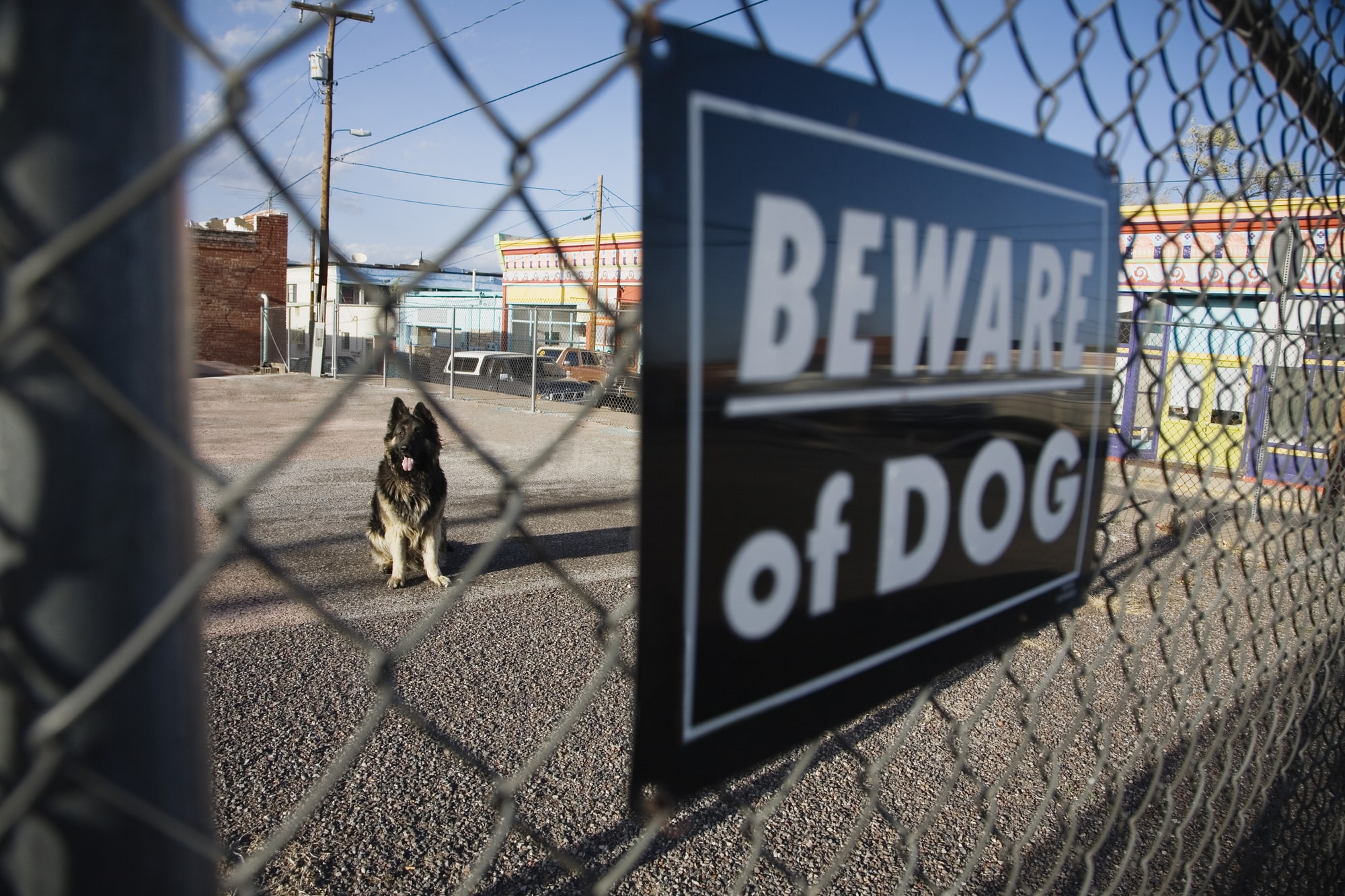
Within today’s day and age, social media is growing more and more prevalent within every aspect of society. With this growing trend it is important to understand how social media could affect your personal injury case, and the further outcomes that could result. By understanding the implications of social media upon your case you can be better prepared to ensure you don’t snap a photo that could later cost you in court. Our Dallas, TX dog bite lawyer who has been rated by Super Lawyers is here to share more information on this topic.
What’s The Big Deal With Social Media In Personal Injury Cases?
When you file a personal injury claim, whether it’s a car accident, slip and fall or another incident, you are asking the court or an insurance company to award you for pain that you suffered, whether it’s physical, emotional, or financial harm. Within such proceedings, these claims are the foundation of receiving compensation for such events.
When you make a public post about such an instance, it tells a different story. Even if a post is unintentional, insurance companies, lawyers, and opposing parties will act to change the narrative in relation to what you may have posted to minimize possible payouts and to try to discredit you. This can also lead to a further complicated case involving defamation with your injuries. While this may seem far-fetched, there are many real world examples where a person’s social media costs them valuable compensation.
Real World Examples Of Social Media’s Impact
There are a variety of cases where posts made by an individual within a personal injury case cost them thousands. Here are a few hypothetical examples that point to what the aftermath of such actions could cause.
1. The “Injured Vacation” Post
A woman injured her back and filed a claim saying she couldn’t walk without pain. Weeks after this claim, she posted beach photos from a family vacation, showing a variety of activities she participated in while on the trip.
Result of these actions: her case was dismissed even despite her saying she has “good days and bad days” regarding her injury.
2. Just Dancing On TikTok
A man sued after a workplace injury occurred. He claimed he had chronic knee pain as a result. A few months after the injury, a TikTok video was posted of him dancing at a wedding. In light of this post, opposing counsel used the TikTok to argue he exaggerated his condition.
Result of these actions: The man’s settlement was significantly reduced and ultimately cost him thousands of dollars that could have been a part of his compensation.
Each of these instances show how the implications of a singular social media post could cost you more than you think.
Even Posts On Private Accounts Are Being Watched
Even if your account is set to “private” don’t assume others cannot see your posts. In these instances, Insurance companies and defense attorneys can request access to your posts through discovery in litigation, use posts from tagged family and/or friends, capture screenshots of posts before you delete them, and even hire investigators to monitor your activity. So, if it is online, it is never truly private.
Things You Should Never Post During A Personal Injury Case
From this understanding, it is important to understand what you should never do during a personal injury case. Here are a few examples of actions you should never make on social media during a personal injury case.
- Post photos of you being physically active (photos at the gym, hiking, or dancing)
- Posts of Vacation check-ins or travel selfies
- Posts about your injury, accident, or lawsuit
- Posts of joking about “faking” anything, even sarcastically
- Comments about money, pain levels, or medications
- Comments about the legal system or other parties involved
- Posts stating “Good days” that contradict your claimed limitations.
Even instances of liking or commenting on certain posts can raise red flags regarding your case.
What You Should Do Instead
Instead of acting normally in correlation to your personal injury case, you should instead consider the following actions to help get the most out of your case.
- Pause Posting – Consider taking a break from social media during your case.
- Ask Your Friends Not To Tag You – Your friends may mean well by tagging you in certain posts, however it could hurt your claim within your case.
- Stay Silent About Your Case – Let your attorney do the talking, and refrain from discussing your publicly online.
- Talk To Your Lawyer Before Deleting Old Posts Or Accounts – In certain instances it is important to receive feedback from an attorney regarding certain aspects of your social media. In some cases, deleting certain posts or accounts could be considered destruction of evidence.
While social media is a great form of communication to share information about yourself, and the things you are doing, it could cost you thousands of dollars. At Brandy Austin Law Firm we guide our clients through every step of the process, including how to handle social media safely. Your case is too important to risk just for a few likes. Contact one of our lawyers today who has received a 10.0 rating from Avvo. We are ready to help you file your personal injury claim today.
